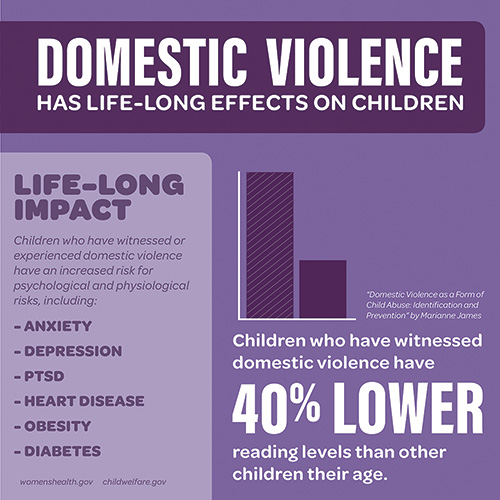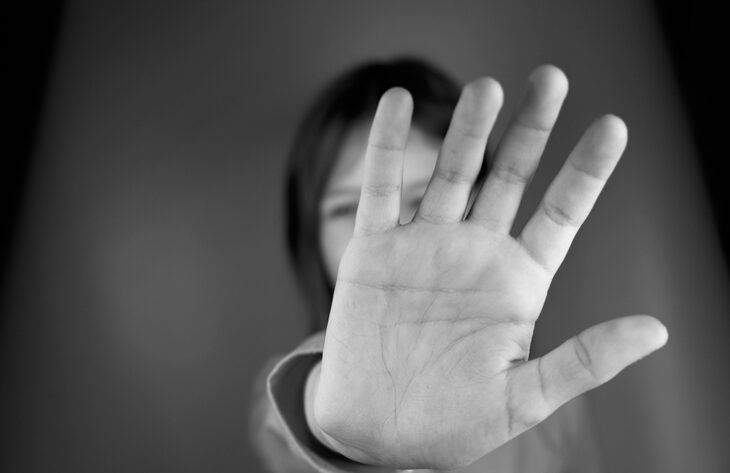By Jamie Allen
When Sarah was in elementary school, her teachers described her as smart, kind and energetic. At the start of this school year, she made good grades and had several best friends.
However, as the school year progressed, Sarah’s behavior subtly changed. She started being absent a lot. While at school, she was tired and distracted. She was failing tests and forgetting to turn in her homework. She started getting into arguments with her best friends and even pushed one during a disagreement.
Everyone noticed these changes, but no one could figure out what was causing the behaviors. When school officials talked to Sarah and her mother, everything seemed fine at home. Sarah lived with her mom, little brother and her mom’s boyfriend. They had a nice apartment and good jobs.

Since the onset of the COVID-19 pandemic, however, money had been getting tighter and tighter, and tension flared between the couple. Sarah’s mom and boyfriend were arguing a lot more, and a few times, things even got physical. They didn’t think Sarah and her brother were aware, since they mostly would fight behind closed doors or after the kids went to bed. But in fact, the children were painfully aware and paying close attention to the arguments.
Domestic violence, no matter the form or intensity, will impact a child. Children are considered secondary victims of interpersonal violence when their parents are involved in such a relationship. It doesn’t matter if the parent is the victim or the abuser. Children learn by what they see and hear, and they mimic their caregivers’ behaviors. The child’s symptoms most often appear at their daycares, preschools and classrooms as conduct problems and poor educational performance. The effects can look just like other common disorders like attention-deficit hyperactivity disorder (ADHD), oppositional defiant disorder (ODD) and learning disabilities. Other common effects on children include anxiety, depression, poor self-esteem and self-harm. Children also may also experience any emotions their parents might feel, which manifests in their behavior.
The good news is that help is available, and symptoms can be reversible. Sarah’s family sought counseling. They learned more about domestic violence and how to cope with life’s stressors. As a result, Sarah is thriving in school once again.


